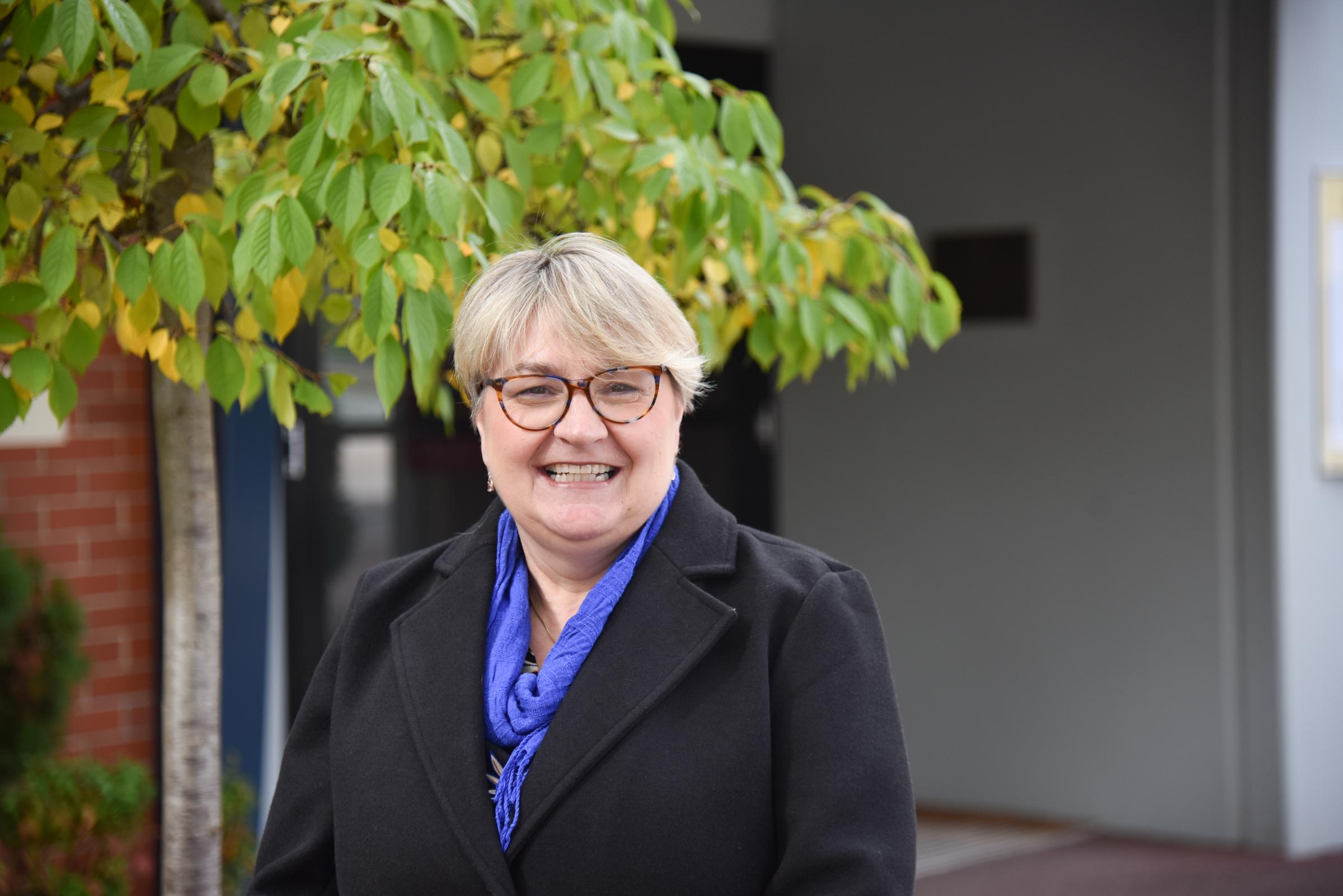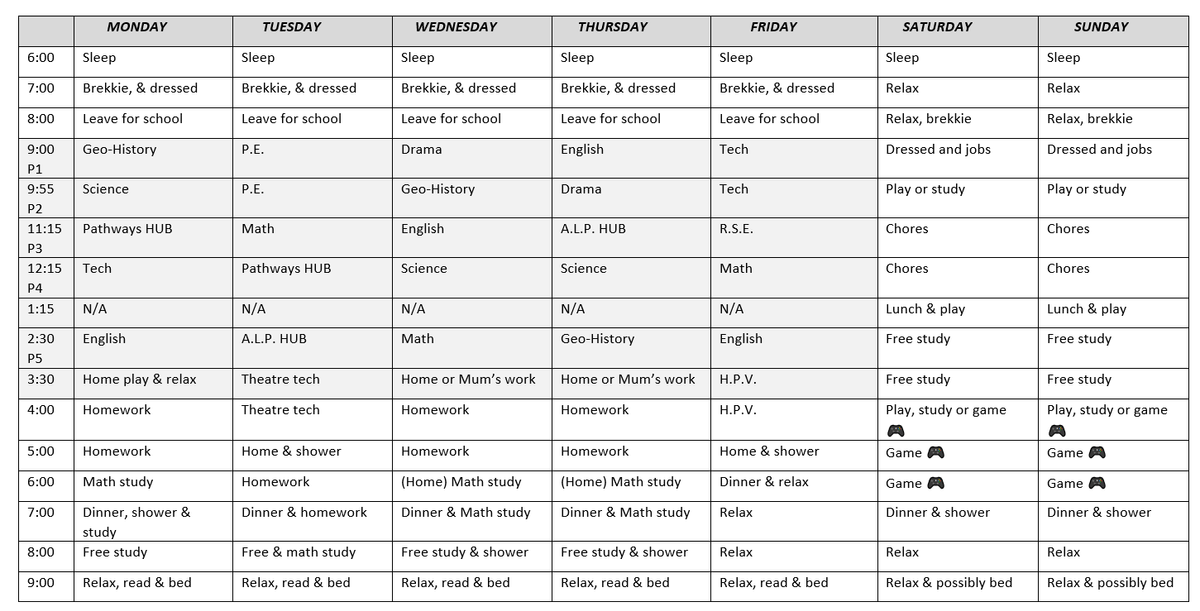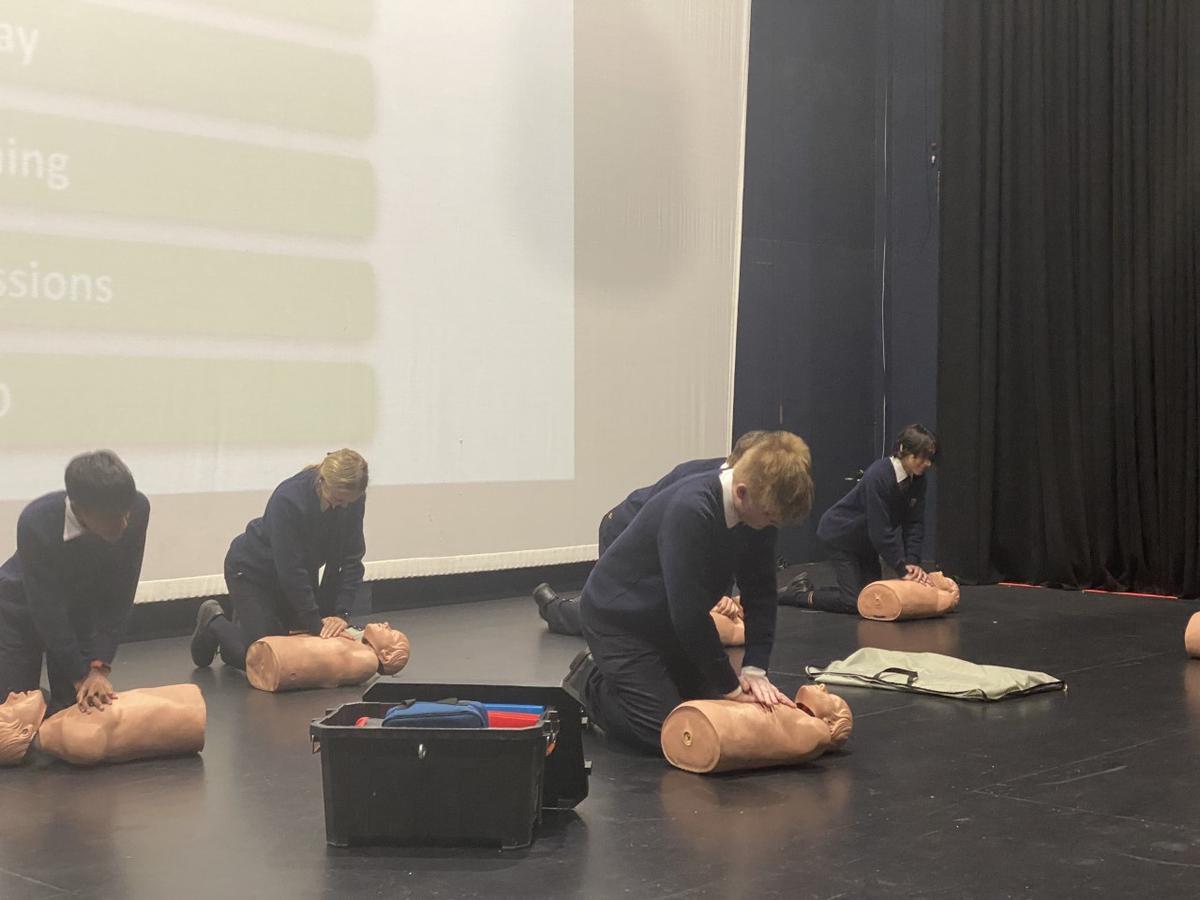From the Head of Senior School

Week 5 saw the end of online NAPLAN testing in Senior School for Years 7 and 9. I want to extend a special thanks to Michelle Gilkes for her tireless work setting up classrooms, managing the online access for students, and running catch-up sessions during a challenging couple of weeks due to staff and student absences. This year all of the testing was completed online for the first time. The testing aims to provide the School with some general feedback on the performance of our students against national minimum standards. The results will be released later in the year, and parents will be sent a copy of their child’s individual results.
In preparing for the Semester 1 examinations, week 6 sees us enter a study week for students in Years 7 to 11. Teachers will be working through revision studies and past examination papers to prepare your child for their exams next week. Your child should have now planned a personal revision timetable that they can use to assist with their study. Exams can be stressful for some children, and anxiety or nerves before an examination is often understandable and normal behaviour for young people. It is important that any study is balanced with a healthy diet, exercise, and good sleep. Further information on effective study habits and tips for managing test or exam anxiety can be found later in this newsletter and on the ASTRA homepage. Below is a wonderful example of a study timetable created by a Year 7 student.
During this term, I have attended the Year 11 and 12 Motivate sessions held on a Wednesday afternoon. This week, the Year 11’s had the opportunity to learn and practice some basic CPR (Cardiopulmonary Resuscitation) skills on adult mannequins to ensure that they understand the correct technique to apply while waiting for professional emergency assistance to arrive. Performing CPR can help buy time until medical assistance arrives at the scene of an emergency. The majority of sudden cardiac arrests will occur within the home or out in a recreational setting; it will be unexpected, and there usually won’t be a medical professional nearby to assist straight away. This is why it’s so important to brush up on your CPR and first aid skills to ensure you’re prepared at all times and in all places.
Last week the Year 12 Motivate session was attended by three Old Girtonians returning to be our special guest speakers, who spoke about their personal and professional journey since leaving school. Audrey Scott (Jenkin 2011), is a Clinical Embryologist at Monash IVF Victoria. Audrey discussed how she took a more diverse path of switching between various degrees before finally studying medicine at the University of Woolongong, leading to her current career. Dean Armstrong (Jones 2011) is now an Employment Lawyer for HR Legal who spoke about his aspirations to achieve Year 12 Dux and how he had to work hard as studying did not come naturally for Dean. He advocated the importance of achieving a work-life balance and pursuing your hobbies outside of work and study. Andrew Collins (Aherne 2006) was a former Carlton and Richmond AFL player. Andrew spoke about his football career when he made his Richmond debut in 2009, his later move to Carlton, and his injury setbacks throughout his career. He reflected that sometimes the grass is not always greener, but equally, it is important to believe in yourself constantly and aim to achieve your dreams.
At our recent assembly, Mr Dave Martin, Head of Student Engagement provided a timely reminder about the use of mobile phones in the School. The prevailing view from the majority of researchers is that the top three impacts of the Smartphone on the brains of young people are:
- Impaired Executive Function
- Distraction and
- Addiction
Unfortunately, they often distract a student’s learning, especially when in a classroom setting. This leads to a conflict in their focus in class with the temptation to play online games, watch videos, read messages, or message peers, friends, or family. Ultimately, these behaviours lead to a reduction in a student’s ability to focus on academic tasks. Putting away your phone while studying or completing an important assessment can significantly affect how well you focus on a task.
At Girton Grammar, a precautionary approach is taken relating to the use of student mobile devices. Mobile devices are essential tools in the contemporary world. However, it is understanding the need to ensure these devices are used responsibly and that the right tool is used at the right time. For students in Years 7 to 11, mobile devices must not be accessed between 8:30 am and 3:30 pm, including at recess, lunchtime, and between classes. They are to be secured in their lockers or other allocated safe storage space. Students in Year 12 are only permitted to access their mobile devices during recess and lunchtime, and the same rules apply at all other times. Breaches to the policy will require the student to take their mobile device to reception until the end of the school day. Further violations, especially after a fourth breach, may result in harsher consequences whereby the device cannot be bought to school for the remainder of the year. Further details of the School’s policy on mobile devices are available on ASTRA.
Ms Dawn Davis
Head of Senior School


